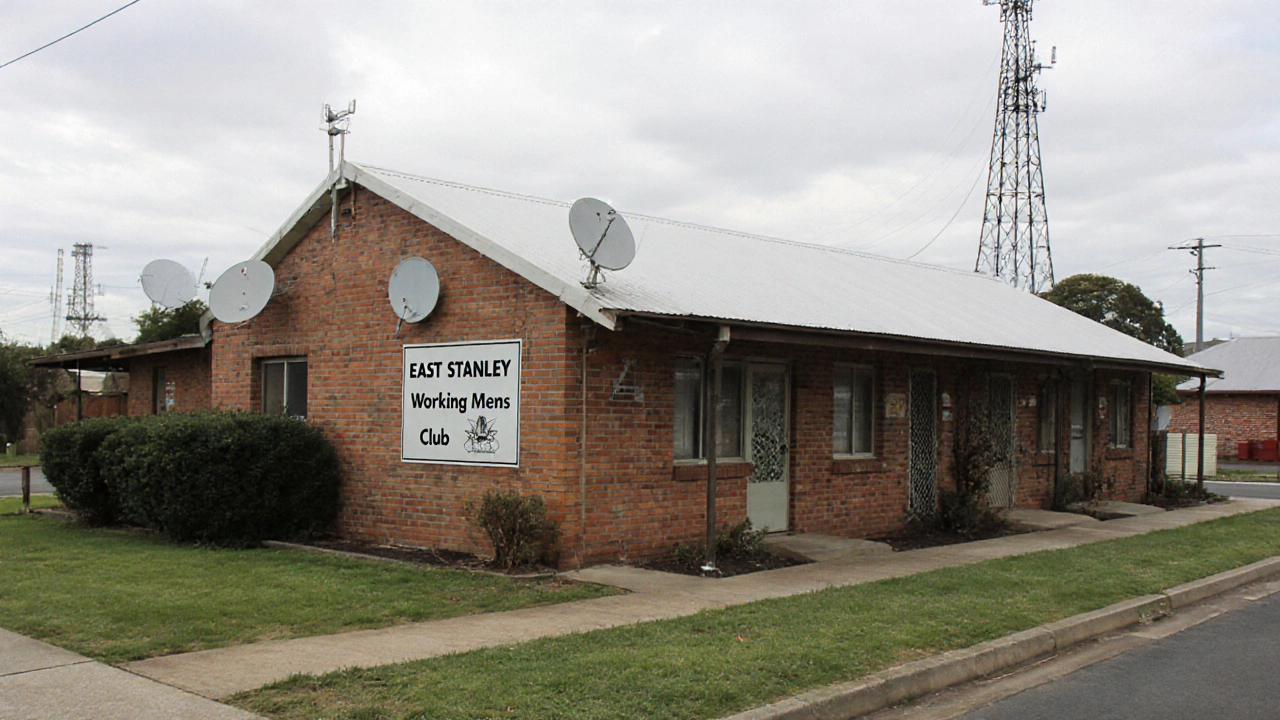Business
When talking about Business, the organized activity of producing, buying, or selling goods and services. Also known as commercial enterprise, it drives jobs, innovation and community growth. A recent example is a Property Sale, the transfer of ownership of real‑estate assets, often influencing local markets that has sparked debate in Durham. This sale ties directly into Real Estate Development, the planning and construction of new buildings or the repurposing of existing structures, which can reshape a town’s character.
Why Business Stories Matter
Every business move creates a ripple. A property transaction doesn’t just swap a building; it can alter the Community Impact, the effect of economic activities on local residents’ quality of life. When a historic club is listed for £250k, people wonder: will it become housing, a retail hub, or stay as a cultural spot? That question links directly to the Local Economy, the system of production, consumption, and employment within a specific area. A thriving local economy often depends on thoughtful redevelopment that respects heritage while creating jobs.
Understanding these links helps you spot opportunities. For instance, a well‑executed redevelopment can boost property values, attract new businesses, and increase tax revenues – a classic chain: Business encompasses Real Estate Development; Real Estate Development requires Community Impact assessments; Community Impact influences the Local Economy. That semantic triple shows how one decision can affect many stakeholders.
But not every sale ends positively. If a community feels excluded, resistance can stall projects, leading to financial losses. That’s why leaders weigh the Property Sale price against potential Community Impact. A balanced approach often includes public consultations, heritage studies, and clear benefit projections. When these steps are followed, the resulting development tends to sustain the Local Economy and preserve cultural identity.
In the UK, especially in smaller towns, property deals like the East Stanley Working Men’s Club become case studies for how business strategy meets social responsibility. They illustrate that a £250k transaction isn’t just a number – it’s a catalyst for dialogue about housing needs, job creation, and community cohesion. Watching such stories gives you a front‑row seat to the mechanics of regional growth.
Below, you’ll find a curated list of business articles that dig deeper into these themes. From market analyses to on‑the‑ground reports, each piece adds a layer to the bigger picture of how Business decisions shape everyday life. Whether you’re an investor, a local resident, or just curious about the forces behind town changes, the collection offers practical insights you can use right away.
Ready to explore the specific stories? Scroll down to see the latest coverage, including the Bradley Hall listing, community reactions, and expert commentary on future development pathways.
Bradley Hall puts East Stanley Working Men’s Club up for £250k sale
- Kellan Hartford
- October 2, 2025
- 0 Comments
Bradley Hall lists the former East Stanley Working Men’s Club in Stanley, County Durham, for £250,000, sparking community concerns over its future use.
read more